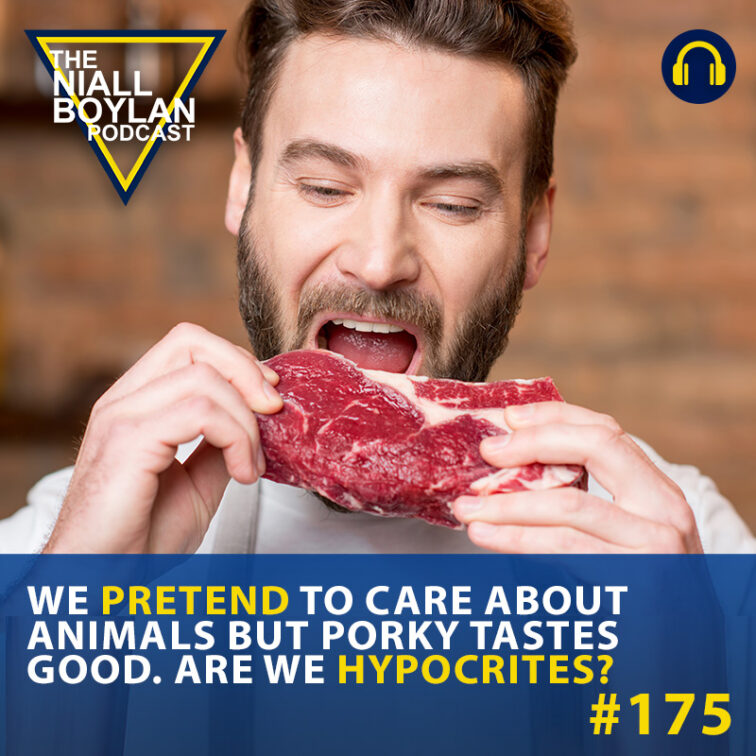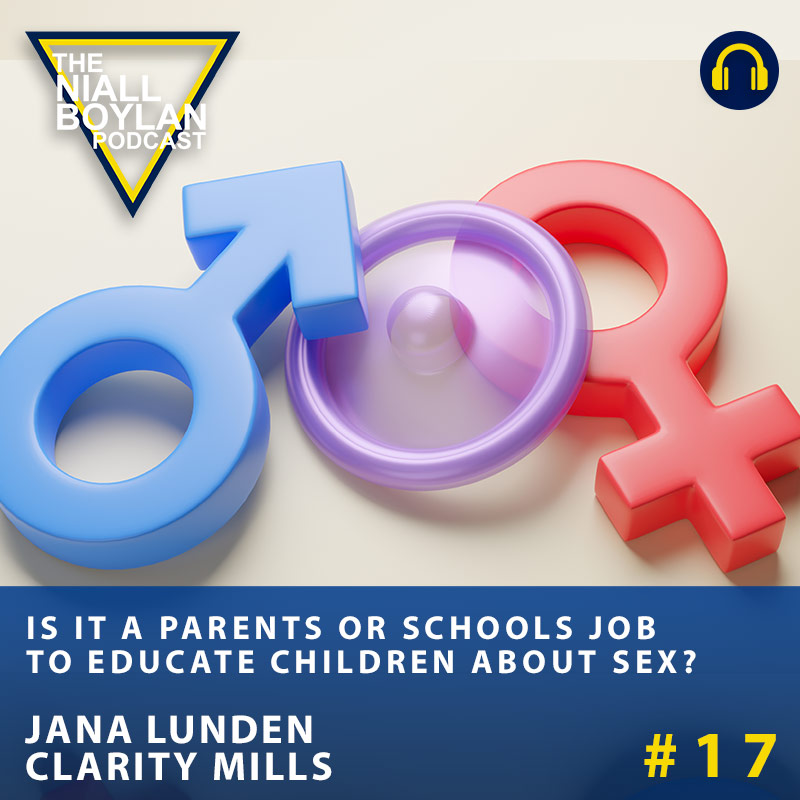
We Pretend to Care About Animals But Porky Tastes Good. Are We Hypocrites? Episode 175
-
play_circle_filled
We Pretend to Care About Animals But Porky Tastes Good. Are We Hypocrites? Episode 175
Niall Boylan
In this thought-provoking episode, Niall delves into the contentious topic of animal welfare and the perceived hypocrisy of meat consumption. The discussion is prompted by a message from a vegan listener who challenges the inconsistency of loving pets while consuming animals as food.
Niall begins by presenting findings from a survey commissioned by Future Normal and The Vegan Society, revealing that nearly half of meat-eaters in Britain feel hypocritical for loving certain animals, such as dogs, while consuming others, such as pigs. The survey highlights the internal conflict experienced by many individuals who grapple with guilt and contradictory values regarding animal welfare.
Listeners weigh in on the debate, offering diverse perspectives on the ethical implications of meat consumption and animal care. Some callers argue that consuming meat while claiming to care about animals constitutes hypocrisy, emphasizing the need for individuals to align their actions with their professed values. They advocate for transitioning to a cruelty-free lifestyle and adopting ethical dietary choices that prioritize animal welfare.
Conversely, other callers push back against the notion of labeling meat-eaters as hypocrites, asserting that loving pets and consuming meat are not mutually exclusive behaviors. They contend that many meat-eaters genuinely care about animal welfare and support humane farming practices, challenging the oversimplification of complex dietary choices.
As the discussion unfolds, Niall facilitates a respectful exchange of viewpoints, encouraging listeners to reflect on their own attitudes towards animal welfare and dietary habits.
In the wrap-up, Niall reflects on the nuanced nature of the debate, acknowledging the challenges inherent in reconciling personal values with societal norms and cultural practices. He emphasizes the importance of continued dialogue and introspection in addressing issues related to animal welfare and ethical consumption.








